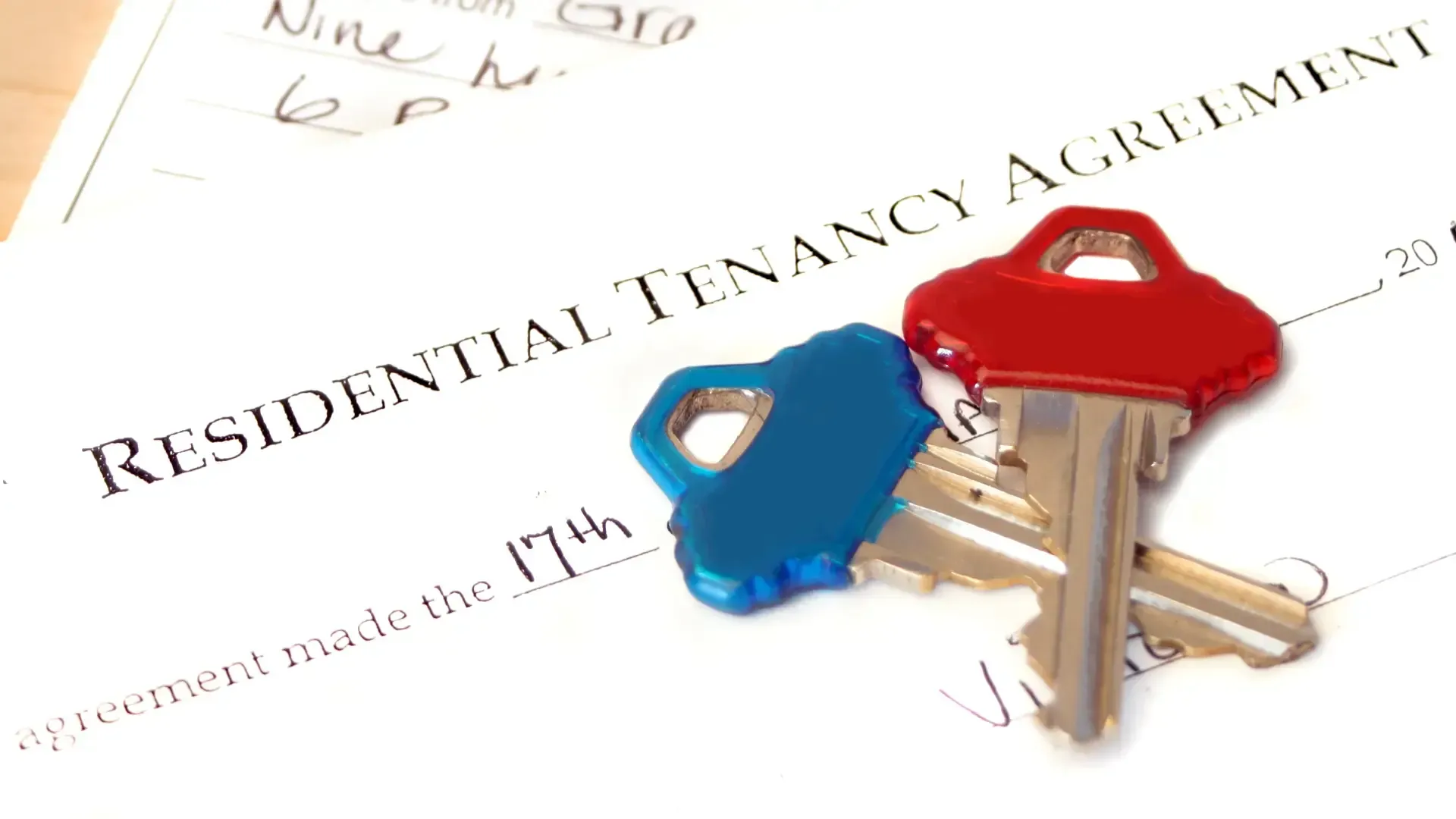What is Renter’s Insurance & Do You Need It?
What is Renter's Insurance, and Do You Need It?
What is renter's insurance, and do you really need it? Over the years, our property management team has spoken with hundreds of tenants and landlords who have been unsure about this very thing. The truth is that there are a lot of benefits to investing in renter's insurance. But it's also not exactly what people think.
In today's blog post, we're reviewing the essentials of renter's insurance for Kiwi tenants. Find out what renter’s insurance is in NZ, whether you need it, and how to pick the right policy.
Is Renter's Insurance Necessary?
In August 2019, the government updated the legislation around tenant liability for damage. While landlords usually secure insurance for the properties themselves, it's up to the renters to take care of any costs that arise from careless damage. For example, a hole in the wall from a misjudged throw that needs repairing is up to the tenants to pay.
If you as a renter (or your guests) cause any accidental damage in a rental property, you will be liable for either:
- The cost of the damage, up to four weeks' rent, or
- The landlord's insurance excess
This is a minimised liability. In other words, you're liable for less than you would have been before. You'll also only have to pay the lower amount. For example, if your landlord's excess to repair a hole in the wall is $400, and your rent is $300 a week (i.e. $1200 for four weeks, you'll pay the $400 charge because it is lower).
Many renters choose to get insurance to back them up in case repairs like these are needed. There's a chance that you could end up liable for a large sum of money when you're least expecting it. While not legally necessary, we recommend all tenants get some form of renter's insurance.
What is Renter's Insurance in NZ?

Interestingly, most insurance policies marketed toward renters focus on contents insurance. In other words, they insure your belongings because your landlord's property insurance won't cover those things if something bad happens. Contents insurance covers your furniture, electrical goods, clothing, and any jewellery in the event that they are stolen, damaged, or destroyed. Normal wear and tear doesn't count for these policies, and sometimes accidental damage doesn't, so it's important to carefully read any policies you sign.
Because of your reduced liability in the case of accidental damage to your landlord's property, it might suit you better to put aside money in case of an emergency cost. Investing in contents and a third-party renter's insurance policy can keep you fully prepared for most things that might happen.
How to Choose the Right Renter's Insurance
If you've decided to invest in a renter's insurance policy, it's time to research. The type of policy you choose will change how well you are covered, as well as how much a claim will cost you if the time comes to use your insurance. Our property management experts have broken down a few important terms for you to understand so you can find the best coverage.
Insurance Coverage
Your insurance 'coverage' refers to a couple of things:
- Which things your insurance will pay for in the event of damage,
- How much your insurance will pay for over the course of a year
Most insurance policies last for one year. The 'sum insured' refers to the maximum amount you can claim from your insurance policy. For renter's insurance that focuses on contents, this can be anywhere between $10,000 and $25,000. Carefully read your policy documents to clarify what your policy will pay for if things get damaged. Remember, most renter's insurance policies will focus on your belongings, not on helping pay for any damage accidentally caused to your landlord's property.
Making a Claim
'Making a claim' is what insurance companies call it when you ask them for money to pay for damages covered by your policy. These days, this is a fairly easy process that you can do online. Often, there's a time limit on when you can claim the cost of something damaged. If you exceed that time limit, your claim might be denied.
Ensure you verify how quickly you need to contact your insurance company if your belongings are stolen, damaged, or destroyed. In our experience, the quicker you get to it, the better!
An Insurance Excess
Finally, your 'excess' is a one-off amount you'll have to pay when you make a claim. When comparing different insurance companies, it's really important to look at their excess charges before signing on the dotted line. These can vary from $250 to $1,000, so know your excess before committing to a policy!
A Contents Valuation
A 'contents valuation' estimates how much your home's contents are worth, which you'll submit to the insurance company when applying for a policy. In our experience with property management, many Kiwi renters underestimate or overestimate the value of their belongings, so make sure to carefully assess this before hitting 'Apply'.
In any case, the best thing you can do if you're considering renter's insurance is to compare the different providers for your specific situation, which can change the rates. One of the best places we've found for this is MoneyHub, which has a full breakdown of New Zealand's rental insurance providers for tenants.
So, do you need renter's insurance? It's not legally required, but it's a great idea to make sure your belongings are protected while you're renting. Remember, this kind of insurance doesn't cover accidental property damage. It's a very good idea to put away an emergency fund to cover this when you move in so you're never caught off guard.
Look Beyond with Charlton Property Management
At Charlton, we're the property management team dedicated to providing exceptional service and support to our tenants. Whether you're looking for a property to rent or need guidance on an insurance situation, we're here to help.
Looking for a property to rent that's managed by us? Check out our current listed properties in your area.











